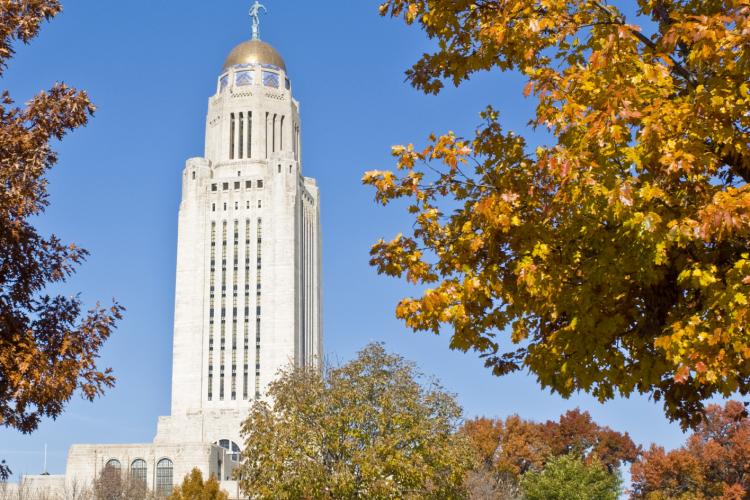Nebraska
Over $1 Billion in Federal Funds Flow into the Midwest: Energy Efficiency’s Role in CPRG Implementation Awards
The Climate Pollution Reduction Grants Program
In July 2024, the United States Environmental Protection Agency (EPA) announced 25 awardees of nearly $5 billion in Climate Pollution Reduction Grants program (CPRG) implementation awards. In early September, the EPA announced another $300 million in grants to 33 tribes and one territory in the final phase of planned CPRG funding. CPRG is one of several funding streams from the 2022 Inflation Reduction Act designed to reduce greenhouse gas (GHG) emissions and advance environmental justice.
Efficiency Rundown in the U.S. Energy and Employment Report
It is imperative that opportunities to tackle climate change and create well-paying jobs in the United States exist concurrently. As the country’s economy changes and the prevalence of carbon-free energy sources grows, it has become increasingly important to understand how employment in the energy sector is also growing and changing. The U.S.
Building Relationships with Midwestern Policymakers
MEEA’s policy team has spent 2019 traveling throughout the Midwest to meet with state legislators, regulators and policymakers. MEEA serves as the region’s trusted source on energy efficiency and promotes how states can maximize energy savings pursuant to their specific policies. We share regional best practices and research with governors’ administrations, legislators and regulatory bodies as they develop energy plans, policy priorities or other state and local policy initiatives. The 2018 state election results presented ample opportunity for MEEA to act as a positive, nonpartisan voice for energy efficiency.
Nebraska Just Passed the Midwest's Leading Energy Code
Nebraska’s buildings are about to get a lot more efficient. Seriously, a lot more efficient.
On Wednesday, May 8, Governor Ricketts signed LB405 into law. The bill, introduced by freshman Senator Megan Hunt, updates Nebraska’s statewide residential and commercial energy code to the 2018 International Energy Conservation Code (IECC) without amendments, making Nebraska the leader in efficient building codes in the Midwest, and neck-and-neck with national leaders like Massachusetts and California.
Building Standards Help Lincoln, NE Go Green
On July 12, Lincoln Nebraska Mayor Chris Beutler released a draft environmental plan highlighting opportunities for the city and residents to meet their sustainability goals. Building on the city’s 2009 Cleaner Greener Lincoln Initiative, this new action plan outlines the city’s progress in five categories—Energy, Land Use, Transportation, Waste and Water – and recommends strategies to make Lincoln a leader in environmental stewardship.
Setting the PACE in the Midwest
Property assessed clean energy (PACE) financing is off and running in the Midwest. PACE enables homeowners and commercial building owners to finance energy efficiency improvements through a special assessment on their property that is paid back through their tax bill. To date, there are 15 active PACE programs in the MEEA footprint. PACE-enabling legislation exists in Minnesota, Wisconsin, Michigan, Missouri, Kentucky, Ohio and Nebraska, and legislation in Illinois has passed both state legislative houses and is awaiting the governor’s signature.






